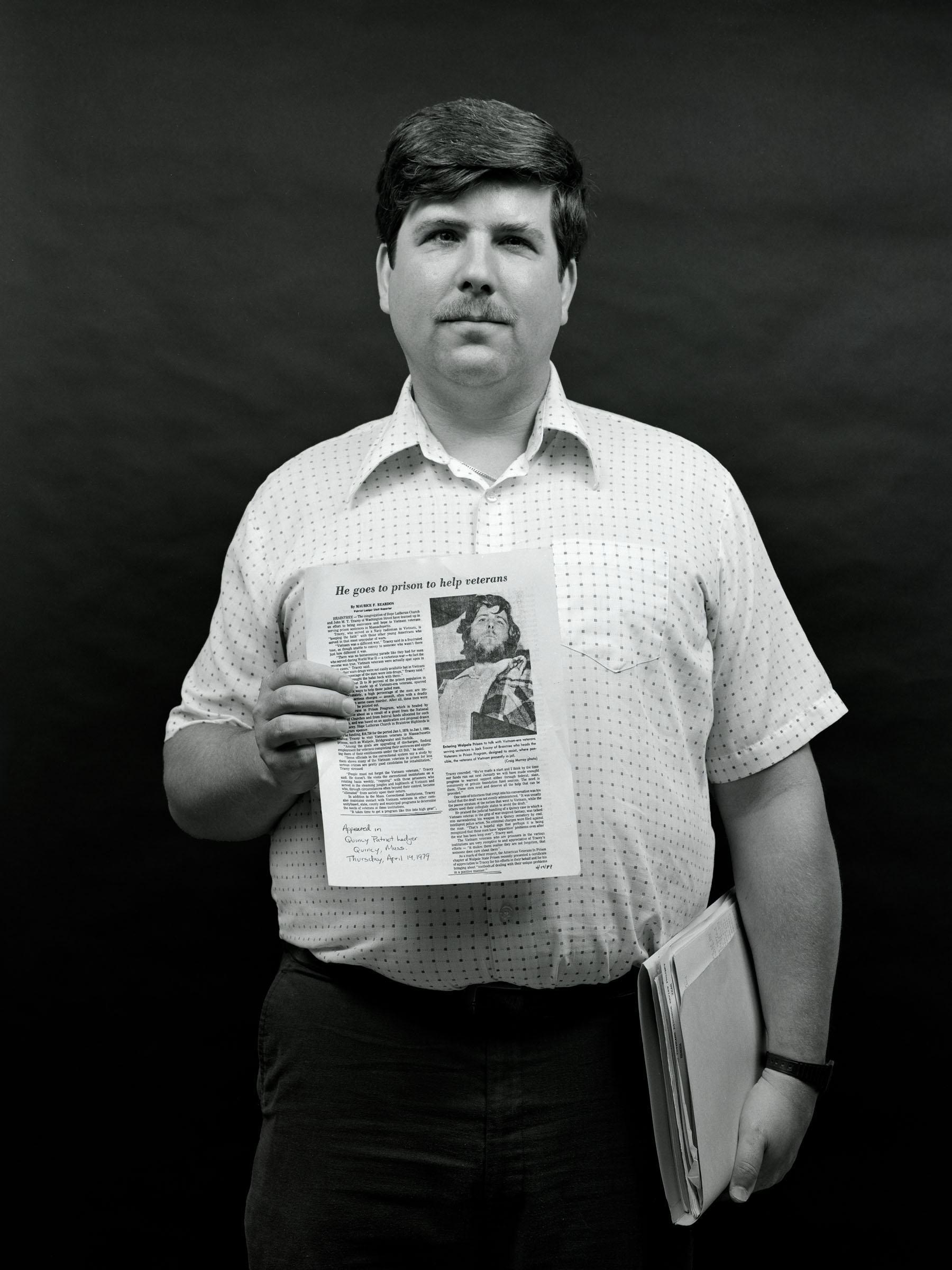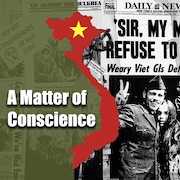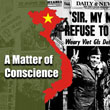
In the middle of my tour I got a telegram saying I needed to go home because my father was sick in the hospital. I went home on emergency leave and watched him die. I ended up staying home over Christmas. During this time I was very confused about what was going on in Vietnam and also about what was happening in my own life with my family. I hadn’t put the political aspects of it together, but I think that’s what differentiates anti‑war GIs and vets from the anti‑war movement as a whole: we didn’t really need politics to say it was wrong.
The homecoming for me was strange because I came back to basically not much of anything. I really became a man without a country: I had no family, I’d come back and all my friends were expecting a hero. People had all these expectations of me that I wasn’t ready to meet. That’s the case for a lot of vets; we came back very much changed and with a lot of different feelings we hadn’t had when left. But we came back to people who essentially had not changed.
When I saw some stuff about Vietnam Veterans Against the War, I jumped at it and said, this is really what I ought to be doing. While I was still on active duty I helped organize the Memorial Day 1971 March from Concord to Boston. My stepmother heard some radio promos I did and she asked me how I could be against the war when I had been there. That was just so ludicrous to me because that was exactly why I was against the war. From then on I was part of the VVAW scene and they were my family.
When my leave was over I was assigned to this Fleet Tug which was in dry dock in Boston. When I began showing up with VVAW buttons on my T‑shirt or on my uniform, people started getting a little aggravated. I tried to talk to folks on the ship about my involvement in VVAW, but they didn’t want to hear it. So one night I just said, the heck with it, and I went AWOL.
I started working with the Legal In‑Service Project to get my stuff in order for discharge, so that when I went back I would be ready to present a case. I turned myself in and spent 30 days awaiting trial. During my off‑time I continued to work with VVAW, and one day I even marched in a demonstration in uniform. That night I ironed my uniform for my court-martial the next day. The next thing I knew, I was AWOL again and on a Greyhound bus heading for Washington, D.C. I eventually came back and turned myself in again. This time for good. They court- martialed me on my 21st birthday and sentenced me to four months in the brig.
When I got out, I felt I owed some time to Legal In‑Service Project. I spent several years doing military counseling, helping vets make the transition to civilian life and upgrading their discharges. I began to realize how many Vietnam vets were in prison; in large part because the readjustment was so difficult, and because judges saw Vietnam vets as baby killers and other negative stereotypes. A lot of Vietnam vets ended up getting stiffer sentences. When the opportunity came up I went into the prisons to work with these vets, particularly upgrading discharges and getting VA benefits.
Archived Material
No posts
Podcasts
No posts


